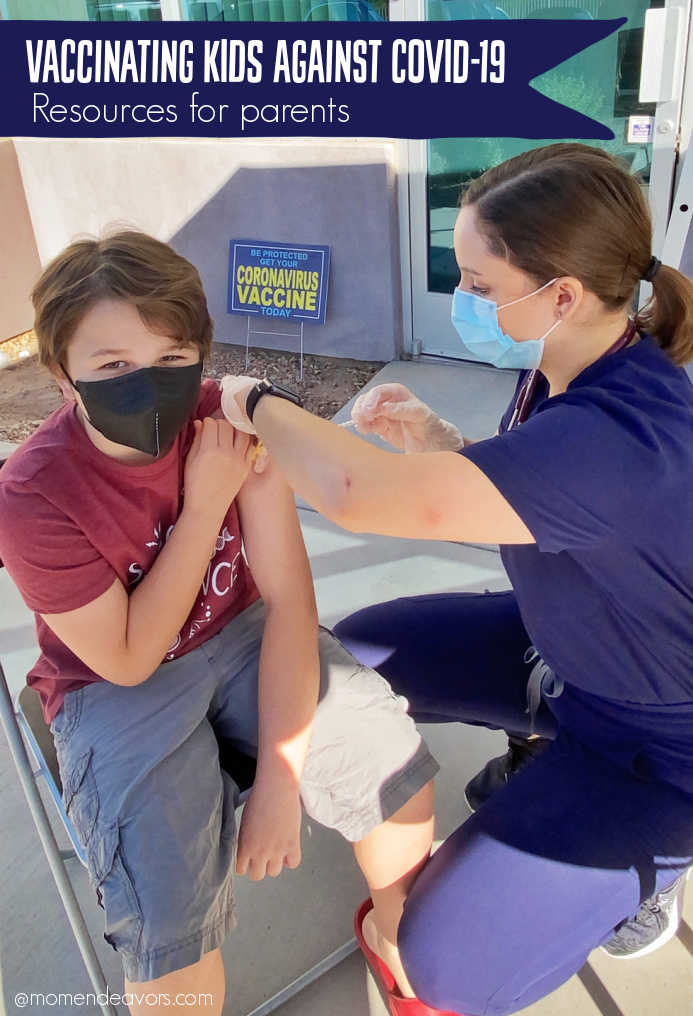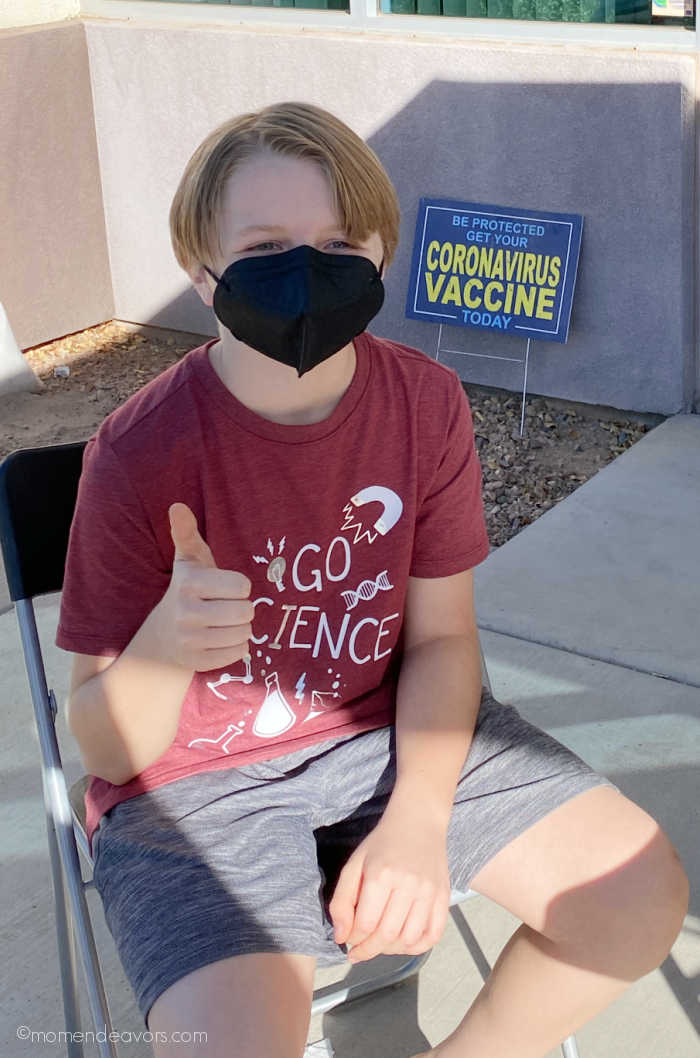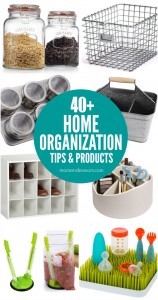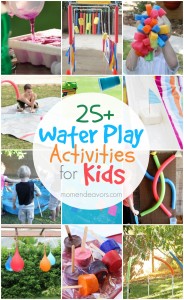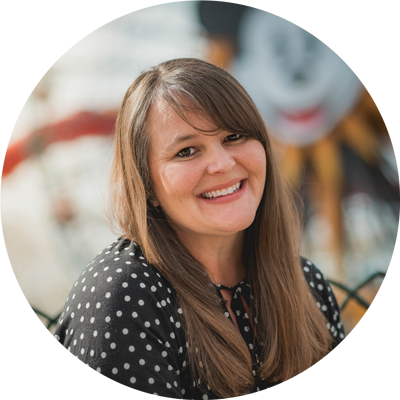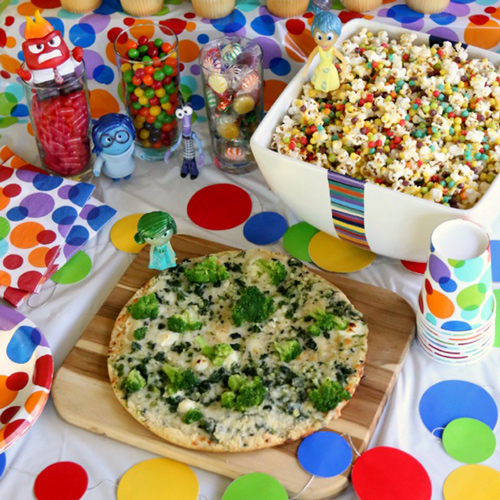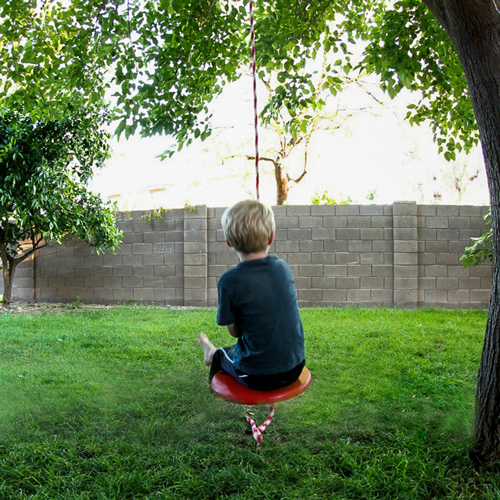Thank you American Academy of Pediatrics (AAP) for sponsoring this post. As a former high school biology teacher married to a Professor of Immunology and Virology, I am passionate about discussing and educating others about science-related topics. Lately, one very important topic of discussion has been vaccinating kids against Covid-19 and that’s what this post is all about! 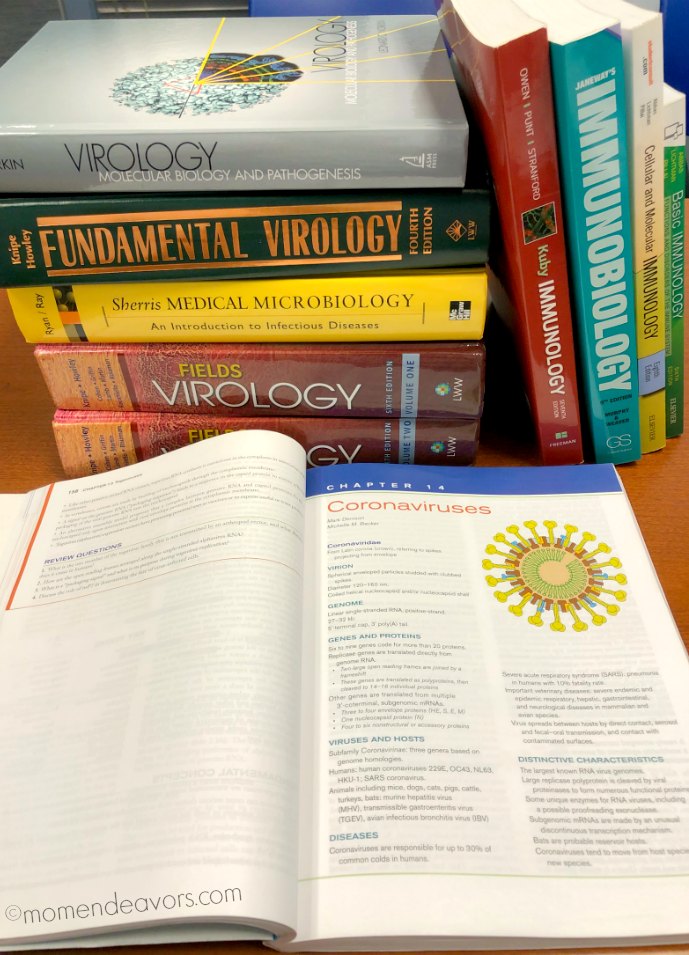
It’s hard to believe that it’s been over two years now since we first wrote about a novel Coronavirus and the pandemic to come. In many ways, it’s still hard to accept that life has changed so much during the past few years. So much has happened. So much has changed. For far too many, there has been unspeakable loss. There have been herculean feats in healthcare. And there have been absolutely incredible amounts of learning and advancement in the scientific community – from sequencing the new virus, to better understanding how it affects the body, to developing life-saving vaccines! 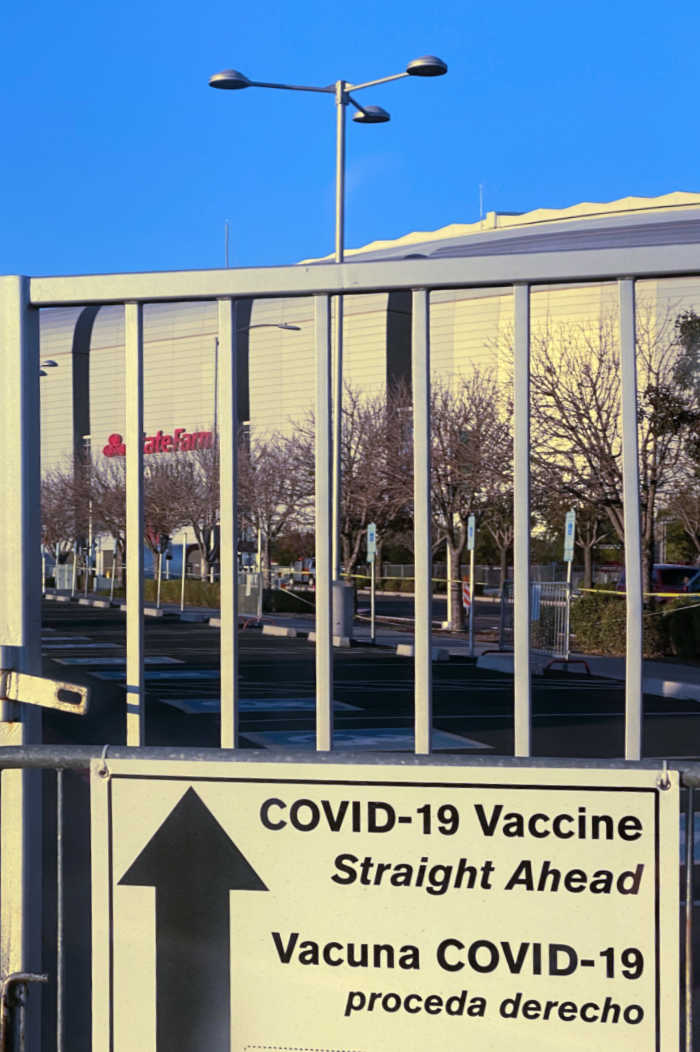
A Few Facts
- COVID-19 vaccines are currently available for people ages 5+ and boosters are now authorized for those 12 years and older.
- COVID-19 vaccines are currently authorized and approved for use and are a safe and effective way to prevent severe illness and hospitalization from COVID-19.
- Millions of kids and teens have already been safely vaccinated.
- The American Academy of Pediatrics urges children and adults to get a COVID-19 vaccine and booster as soon as they are eligible.
Why We Vaccinated Our Kids
There is a risk of serious outcomes following COVID-19 infection for all ages, including kids. Sadly, thousands of kids in the United States alone have been hospitalized due to COVID-19 and many have died. Additionally, many children, with even very mild symptoms during their COVID-19 infection, go on to develop the potentially life-threatening multisystem inflammatory syndrome in children (MIS-C). So, we want to do everything in our power as parents to protect our kids from those risks – including mask-wearing, limiting certain activities/social distancing, and receiving the COVID-19 vaccine. 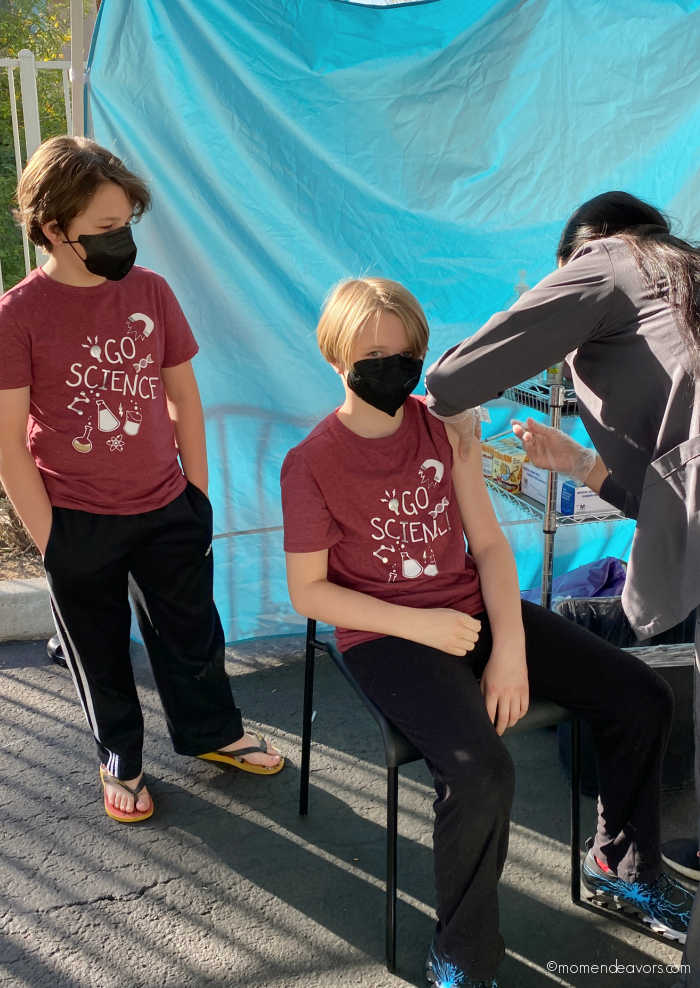
Once the vaccine safety and efficacy data was released, our decision was easy. The vaccine was recommended by the AAP, our boys’ pediatrician, and by all of our personal doctor friends/colleagues. That information/recommendations, combined with our backgrounds in science, meant we got all of our boys vaccinated on the very first day they were eligible.Their excitement in finally being able to get vaccinated was almost as great as our relief as parents that they are now so much better protected from severe outcomes from COVID-19 infection. It was also especially important in our family as some family members are at higher risk of serious outcomes and one of our boys has a developmental disability.
Protecting Children with Developmental Disabilities
It is SO important that we, as a society, protect those that are the most vulnerable. People with disabilities of all ages are at an increased risk of contracting COVID-19 and may experience greater morbidity and mortality. The COVID-19 vaccines are the best way to protect children with developmental disabilities from COVID-19.
Children and youth with developmental disabilities may be seen more regularly by subspecialty providers, home health agencies (including home health nurses, respite care, physical therapists, occupational therapists, speech therapists, etc), school nurses, and emergency departments than the primary care medical home. At school, many students with disabilities receive special services that have them being seen by a variety of professionals beyond their regular classroom teacher. All of these services are vital to these children’s well-being and development, but these additional contact points can increase their chances of coming into contact with the virus. That makes vaccinating kids against COVID-19 all the more important.
These concerns were true for us. Our child’s area of disability is in speech, for which he has an IEP and has seen therapists for since the age of 2. All of that meant additional potential exposures for him when returning to in-person school, therapy, etc. So, making sure he had as much protection as possible through the vaccine was a priority for us.
Learn More
As with any medical decision, it is so important for parents and families to have conversations about vaccines with all members of their child’s health care team. Talk to your child’s pediatrician. Talk to their subspecialty providers.
And when questions arise, be sure to always use trustworthy, reliable information sources to learn about vaccines. The AAP has a great site for parents to explain the science behind the COVID-19 vaccine and help answer questions. So be sure to check it out as it’s a really good resource for parents – powered by pediatricians.

